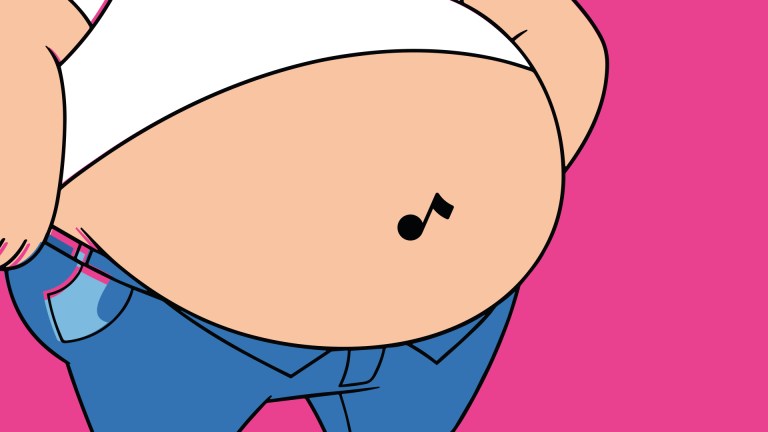It’s festival time, and after being on an enforced Zoom call for nearly three years, everyone is, understandably, going a bit nuts.
This summer, thousands of people will don a pair of neon shades and a bucket hat, get hammered on £10 beer and joyously contract Covid from the armpit of a guy in an H&M Hawaiian shirt. And why not? It’s what we’ve all been waiting for! Also some bands will be on, but WHATEVER.
I recently attended a music festival in Barcelona, and it’s good to know they’re pretty much the same as they ever were, except instead of finding a bottle of wee next to the stage, you’ll find it next to an empty hand sanitiser station (which is also, coincidentally, covered in wee).
The crowds are the usual mix of braying guys and girls in various states of undress and inebriation, one bored baby wearing ear defenders, middle-aged men in band shirts who refuse to use the word vinyl as a noun, and the occasional drag queen or trendy Ibiza grandma off her head on ‘life’.
But I’m not sure there’s ever been this much fuss about festivals before – not until this year’s Glastonbury, anyway, which belatedly celebrated its 50th anniversary and got BBC blanket coverage of the kind usually reserved for the death of a senior royal.
If you switched on the radio in the week prior, the build-up was particularly excruciating, as it was clear nothing at all was happening apart from some people in hi-vis vests putting up scaffolding and overpriced food trucks called ‘Noodly Boodly’ slowly reversing onto a patch of grass.









